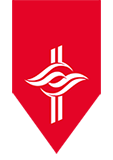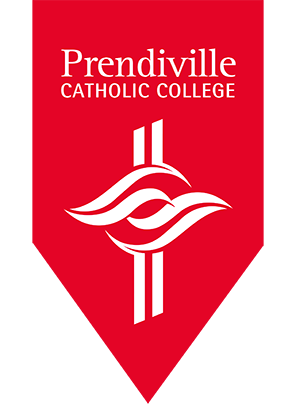Religion

Religion & Life (ATAR)
Year 12
The Religion and Life ATAR course provides students with opportunities to explore how and why individuals and communities relate to and understand religion. Students use a range of inquiry skills to explore at least one religious worldview and to investigate characteristics of religion, their origins, foundations, cultural influences and development over time. They also use these skills to analyse the role religion plays in society and to consider the challenges and opportunities religions face in the future.
The Religion and Life ATAR course is organised into a Year 11 syllabus and a Year 12 syllabus. The cognitive complexity of the syllabus content increases from Year 11 to Year 12.
The Year 12 syllabus is divided into Units 3 and 4 which are delivered as a pair.
The Religion and Life ATAR course is designed to facilitate achievement of the following outcomes.
Outcome 1 – The Nature of Religion
Students understand that many people find meaning and purpose in life through religion. In achieving this outcome, students:
- understand that people search for meaning and purpose in life
- understand that religion provides meaning and purpose in people’s lives
- understand that there is diversity in religious structures and processes.
Outcome 2 – The Influence of Religion
Students understand the role religion plays in the lives of individuals and in society. In achieving this outcome, students:
- understand that religion and society interact and influence each other
- understand that events or issues in history have influenced the interaction between religion and society
- understand that current issues in society involve an interplay between religion and society.
Outcome 3 – Religious Inquiry Skills
Students use religious inquiry and learning skills to investigate their understandings of the interplay between religion and life. In achieving this outcome, students:
- develop and use a religious vocabulary
- conduct research that incorporates planning, processing, synthesizing and communicating relevant findings
- analyse and use sources
- evaluate different points of view
- communicate effectively.
Prerequisite: C grade or higher in Year 11 Religion and Life – ATAR
Religion & Life (General)
Year 12
The Religion and Life General course provides students with opportunities to learn about religion and to explore the relationship between religion, society and individuals. Using a range of inquiry skills students develop an understanding of ways in which people discover, understand and express their religious beliefs. They also use these skills to explore one or more religions in detail, to analyse the role religion plays in human affairs and to explore issues of concern to religion.
The Religion and Life General course is organised into a Year 11 syllabus and a Year 12 syllabus. The cognitive complexity of the syllabus content increases from Year 11 to Year 12. The Year 12 syllabus is divided into Units 3 and 4 which are delivered as a pair.
The Religion and Life General course is designed to facilitate achievement of the following outcomes.
Outcome 1 – The Nature of Religion
Students understand that many people find meaning and purpose in life through religion. In achieving this outcome, students:
- understand that people search for meaning and purpose in life
- understand that religion provides meaning and purpose in people’s lives
- understand that there is diversity in religious structures and processes.
Outcome 2 – The Influence of Religion
Students understand the role religion plays in the lives of individuals and in society. In achieving this outcome, students:
- understand that religion and society interact and influence each other
- understand that events or issues in history have influenced the interaction between religion and society
- understand that current issues in society involve an interaction between religion and society.
Outcome 3 – Religious Inquiry Skills
Students use religious inquiry and learning skills to investigate their understandings of religion and life. In achieving this outcome, students:
- develop and use a religious vocabulary
- conduct research that incorporates planning, processing, synthesising and communicating relevant findings
- analyse and use sources
- evaluate different points of view
- communicate effectively.


